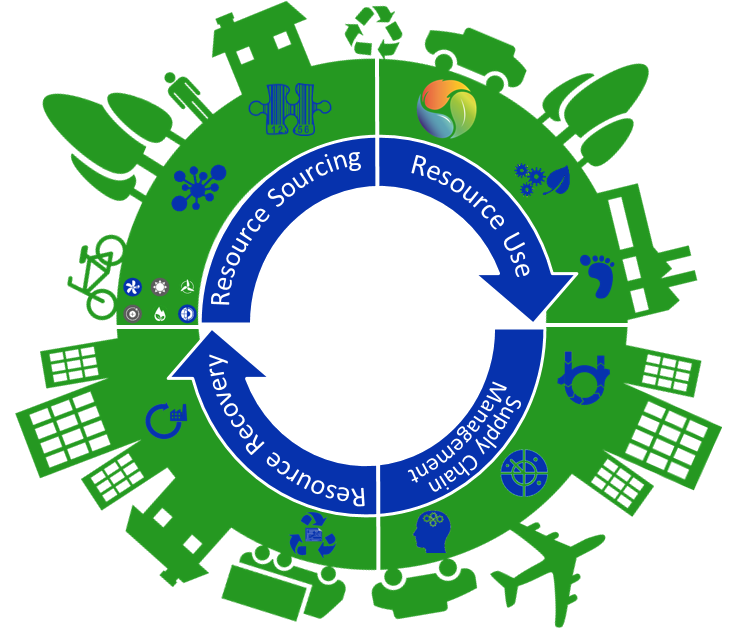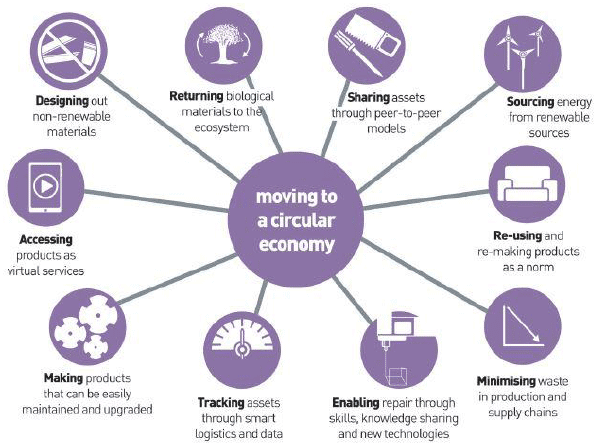Learn from Scottish Government, SDI, FSB, SLAED, Scottish Chambers and more!
This workshop is part one of two practical learning events designed for professionals with a role or interest in supporting and growing the global aspirations of businesses and organisations in Scotland.
Part two, to be held later this year, will focus on foreign direct investment.
With Scotland's exports rising by £1bn from 2014 - 2015, maintaining this trend is a key priority for the Scottish economy. This full-day learning workshop will provide the latest information on strategies, service and product provision, growth sectors, and good practice case studies. We will also discuss global networks and, based on EDAS' Route Map work, look at the importance of engendering an international outlook and culture as a backdrop to successful internationalisation in Scotland.
Importantly, there will be ample time for informal catch up with our speakers and colleagues from across the public, private and third sectors - giving you a chance to learn, share expertise, exchange views and raise questions about developments and news with peers from around the country.
Programme and Speakers
09:30: Networking Coffee
10:15: Welcome from event Chair - Susan Love, Policy Manager, FSB Scotland and EDAS Board Member
10:25: Scotland's Strategy for Internationalisation - George Burgess, Deputy Director, Food, Drink and Trade, Scottish Government
10:45: The Organisational Landscape: A Team Scotland Approach
Scottish Development International will touch on trends, performance, Brexit impact and sector growth areas; followed by detailing its core functions. We will then hear from Scottish Chambers of Commerce and Scottish Local Authority Economic Development Group (SLAED) representatives, outlining their networks' roles and responsibilities in supporting internationalisation.
10:45: Lesley Frostick, Strategy Partner, Scottish Development International and Andy McDonald, Senior Director, Europe, Middle East and Africa, Scottish Development International
11:05: Val Russell, Chief Executive, Ayrshire Chamber of Commerce representing the Scottish Chambers of Commerce
11:20: Pamela Stevenson, Vice Chair, Scottish Local Authorities Economic Development (SLAED)
11:35: Networks and Engendering a Culture of Internationalisation - Kate MacInnes, GlobalScot Team Manager, Scottish Enterprise
11:50: Panel Discussion and Q & A
12:10: Networking Lunch
13:00: Good Practice Showcase
A range of advisers, some teamed with their clients, will illustrate good practice examples in promoting, developing and supporting internationalisation.
13:00: Lanarkshire Enterprise Services Ltd
13:15: Gerry Higgins, Chief Executive, CEIS Group
13:30: Joe Pacitti, Assistant Principal, Strategic Projects and Policy, Heriot Watt University
13:45: Q & A
14:00: Cultural Enterprise Office
14:15: Val Russell, Chief Executive, Ayrshire Chamber of Commerce
14:30: Q & A and General Discussion
15:00: Summing Up and Close

 The event on 17th March is co-organised by the Scottish Universities Insight Institute and the Economic Development Association Scotland to promote knowledge and learning on the circular economy among the economic development community and further afield. It will explore
The event on 17th March is co-organised by the Scottish Universities Insight Institute and the Economic Development Association Scotland to promote knowledge and learning on the circular economy among the economic development community and further afield. It will explore 